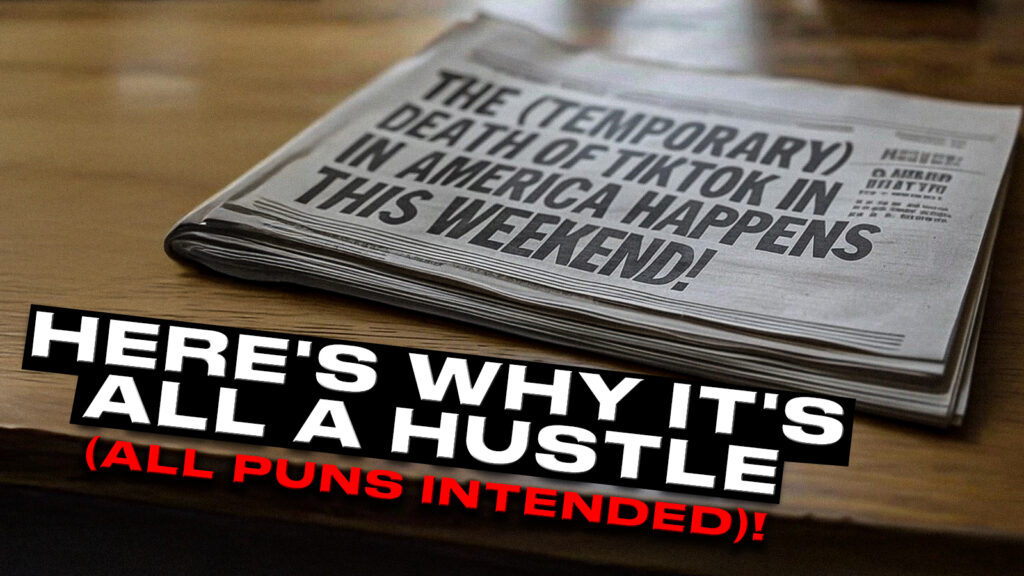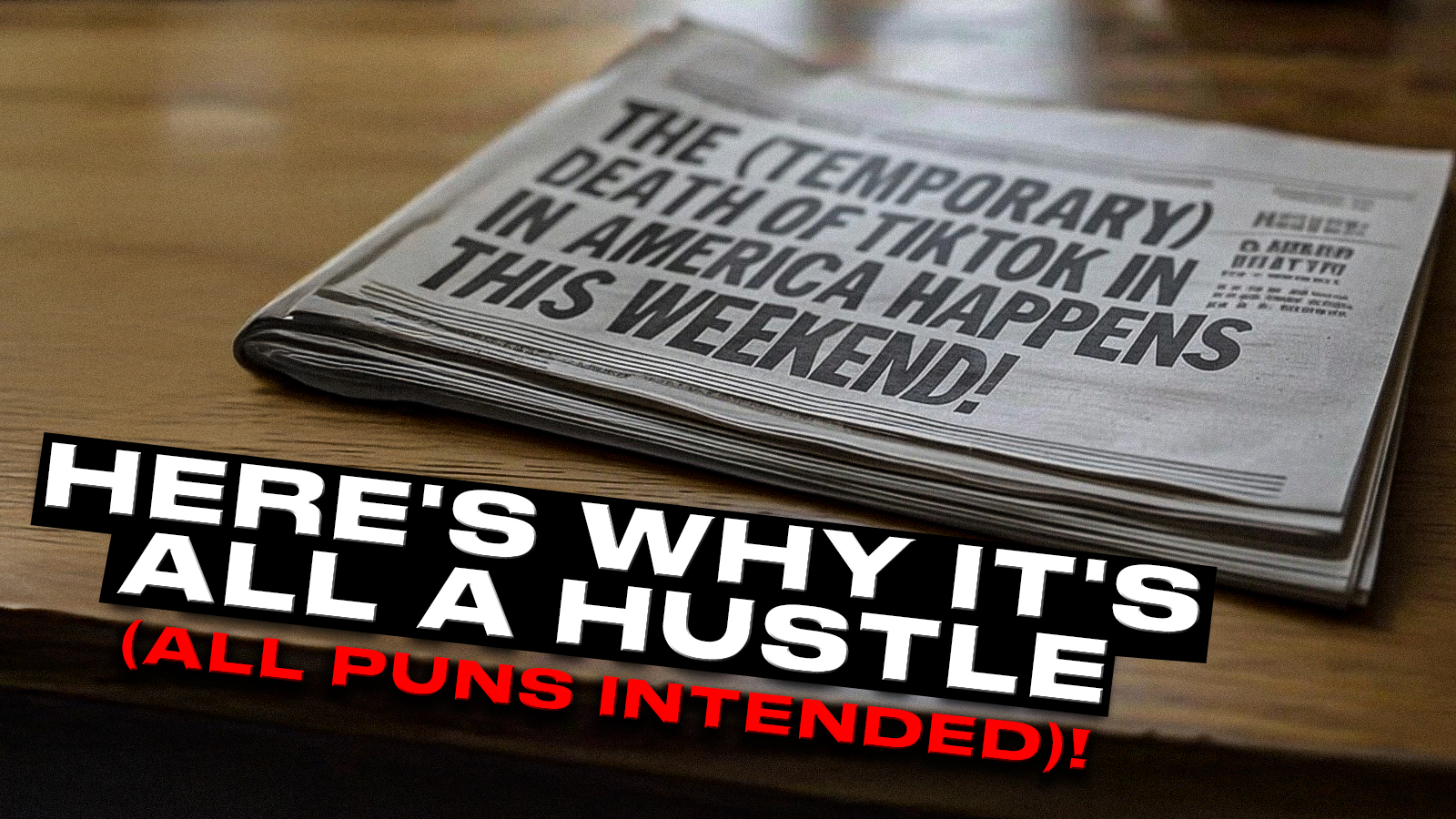
The Supreme Court upheld the law requiring China-based ByteDance to divest its ownership of TikTok by Sunday or face an effective ban of the popular social video app in the United States. This #BreakingNews is unfolding right now, this morning, as this feature story is posted here on the Hustle.
ByteDance has so far refused to sell TikTok, meaning millions of in the United States will likely lose access to the app this weekend. The app may still work for those who already have TikTok on their phones, although ByteDance has also threatened to shut the app down.
In a unanimous decision, the Supreme Court sided with the Biden administration, upholding the Protecting Americans from Foreign Adversary Controlled Applications Act which President Joe Biden signed in April.
“There is no doubt that, for more than 170 million Americans, TikTok offers a distinctive and expansive outlet for expression, means of engagement, and source of community,” the Supreme Court’s opinion said. “But Congress has determined that divestiture is necessary to address its well-supported national security concerns regarding TikTok’s data collection practices and relationship with a foreign adversary.”
Supreme Court Justice Sonia Sotomayor and Supreme Court Justice Neil Gorsuch wrote concurrences.
TikTok’s fate in the United States now lies in the hands of President-elect Donald Trump, who in December asked the Supreme Court to pause the law’s implementation and allow his administration “the opportunity to pursue a political resolution of the questions at issue in the case.”
Trump will be inaugurated on Monday, one day after the TikTok deadline for a sale. TikTok CEO Shou Chew is one of several tech leaders expected to be in attendance, seated on the dais.
The nation’s highest court said in the opinion that while “data collection and analysis is a common practice in this digital age,” the sheer size of TikTok and its “susceptibility to foreign adversary control, together with the vast swaths of sensitive data the platform collects” poses a national security concern.
Under the terms of the law, third-party internet service providers like Apple and Google will be penalized for supporting a ByteDance-owned TikTok after the Jan. 19 deadline.
If internet service providers and app store owners comply, they will remove TikTok from their respective app stores, preventing users from downloading TikTok or installing the necessary updates that make the app functional.
Last Friday, the Supreme Court heard oral arguments from lawyers representing TikTok, content creators and the United States government. TikTok’s lead lawyer, Noel Francisco, argued that the law violates the First Amendment rights of the app’s 170 million American users. Meanwhile, U.S. Solicitor General Elizabeth Prelogar countered that the app’s alleged ties to the People’s Republic of China via its parent ByteDance poses a national security threat.
After the oral arguments concluded, multiple legal experts believed that the nation’s highest court appeared to be more favorable to the United States government’s case involving TikTok’s alleged questionable ties to the Chinese government.
The Chinese government also weighed a contingency plan that would have Elon Musk acquire TikTok’s U.S. operations as part of several options intended to keep the app from its effective ban in the United States, Bloomberg News reported on Monday. The plan was one of several that the Chinese government was considering as part of larger discussions involving working with the upcoming Trump White House, the report said.
In the chance that ByteDance decides to sell TikTok to a U.S. company or group of investors, potential buyers may have to pay between $40 billion and $50 billion, according to an estimate by CFRA Research Senior Vice President Angelo Zino.
What happens next? We will continue to monitor and update the situation as it develops. In the meantime, what do you think of the potential of a TikTok ban in the United States? Sound off on social media, we’d love to know your thoughts!













